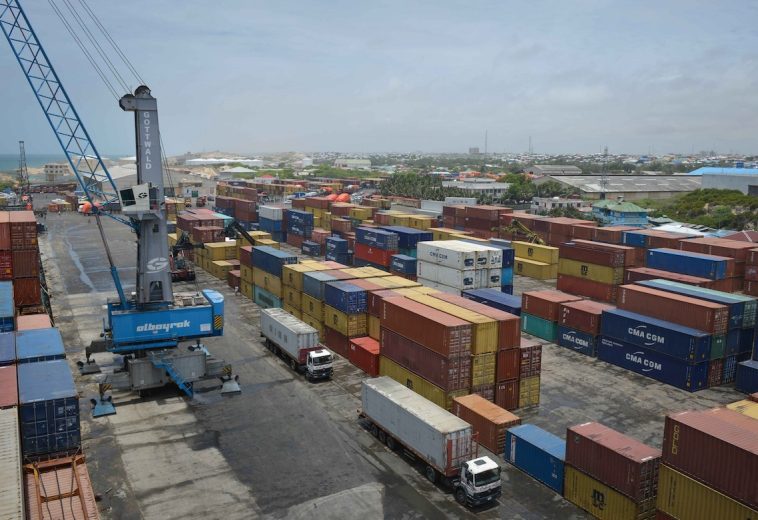In the face of countless challenges, Somali women have shown extraordinary resilience and determination across various aspects of life. The nation in the Horn of Africa has endured decades of conflict and instability, yet Somali women have emerged as powerful agents of change, displaying remarkable strength amid immense hardships.
Somalia has one of the world’s lowest female literacy rates, with only 30% of women able to read and write. Cultural norms often prioritize boys’ education, resulting in girls being left behind and facing limited economic opportunities. “Educating girls is not just a right, it’s an investment in a more peaceful and prosperous Somalia,” says Leila Abdi Takla, a Somali women’s rights activist.
Women are often excluded from formal employment and relegated to informal work with low wages and minimal security. Educating girls is not just a right, but an investment in a more peaceful and prosperous Somalia. Fawzia Adam, Director of the Elman Peace and Human Rights Centre, emphasizes, “We cannot build a peaceful Somalia without addressing the violence against women.”
Somali women endure a high prevalence of gender-based violence, including domestic abuse, sexual assault, and female genital mutilation. Conflict exacerbates these issues, heightening their vulnerability to violence and exploitation. Displacement and the refugee crisis have disproportionately impacted women and girls, further increasing their risks of violence and inadequate access to necessities such as healthcare and sanitation.
Pillars of Strength
Grassroots Movements and Advocacy
Somali women are not passive victims. They are actively mobilizing for change. Grassroots organizations led by women are advocating for education, economic empowerment, and an end to GBV. Leyla Hussein, a Somali-British activist, founded “Safe Spaces” to provide support and shelter for survivors of violence. These organizations are crucial in creating a more just and equitable society. We will not be silenced,” asserts Hawa Hassan, founder of the Somali Women’s Journalist Association.
Entrepreneurship and Income Generation
Despite limited opportunities, many Somali women are starting small businesses; selling everything from traditional crafts to food products. These businesses not only provide income but also empower and contribute to the local economy.
The Role of International Aid and Development
Ahunna Eziakonwa, Deputy Executive Director of UN Women opined that “Investing in Somali women is investing in the future of Somalia.” International aid organizations play a vital role in investing in Somali women with programmes focusing on education, skills development, and healthcare access that can empower women and improve their overall well-being. Additionally, efforts to promote women’s participation in peacebuilding and decision-making processes is crucial.
Somali men also have a critical role to play in advocating for gender equality and challenging harmful traditions. “We need men as allies in this fight for equality. Together, we can build a better Somalia for all.” – Ilwad Elman, a Somali peace activist stated.
A Call to Action
The story of Somali women is one of hardship and perseverance. Despite the immense challenges they face, Somali women are driving positive developments within their communities. Supporting their efforts through education, economic empowerment, and advocacy will facilitate a more just and equitable future for Somalia.


